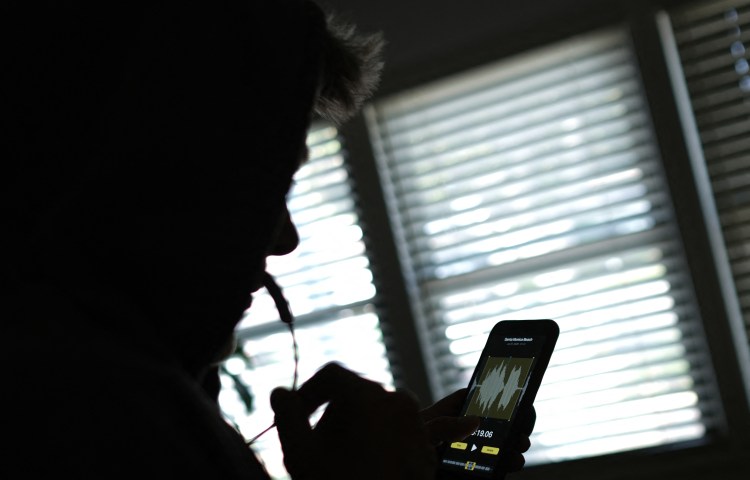
Digital safety: Guidance for journalists in exile
Journalists in exile face a range of digital security challenges unique to their individual circumstances. These include hacking attempts on their accounts, online harassment, and attacks on their websites or blogs. This guide provides journalists with practical steps they can take to better ensure their safety. General guidance Keeping accounts safe from hacking attempts Journalists…
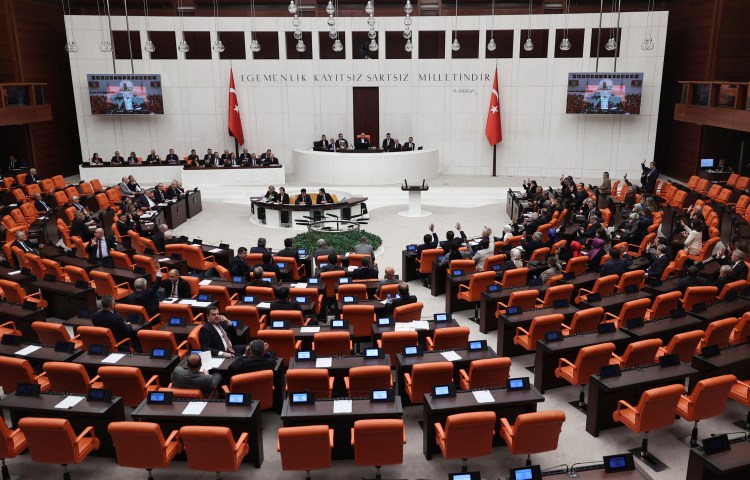
CPJ joins call for Turkey’s internet authority to protect end-to-end encrypted services
The Committee to Protect Journalists joined 26 human rights, press freedom, and internet freedom organizations in urging Turkey’s internet regulator Communication Technologies Authority (BTK), to protect end-to-end encrypted services in light of recent legislation. In October 2022, Turkey’s parliament passed a 40-article bill that included amendments providing more detail about the existing obligations of social…

CPJ joins call expressing concern over EU draft legislation that threatens encryption
On May 12, 2022, the Committee to Protect Journalists joined dozens of free expression groups, technology organizations, and individuals in a statement expressing concern over legislation proposed by the European Commission that could threaten digital encryption. The legislation, known as the Regulation on Child Sexual Abuse, which the commission proposed on May 11, would compel…
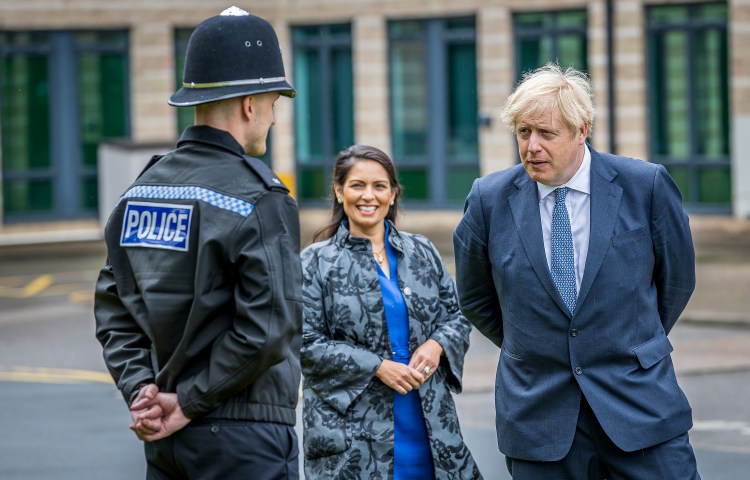
UK online safety bill raises censorship concerns and questions on future of encryption
The U.K. government emphasized press freedom this month when it published the draft online safety bill for social media companies, pledging that the bill would protect both “citizen journalism” and “recognized news publishers” from censorship. Vocal segments of the media not only welcomed the legislation, but actively campaigned for it. When Oliver Dowden, secretary of…

CPJ joins call for Mauritius to reject ICT Act amendments that threaten online speech
The Committee to Protect Journalists today joined more than 50 organizations and individuals in co-signing a letter calling on the government of Mauritius to retract proposed changes to the country’s Information and Communication Technologies Act, known as the ICT Act. The letter, addressed to the Information and Communication Technologies Authority, expressed concern that the amendments’…
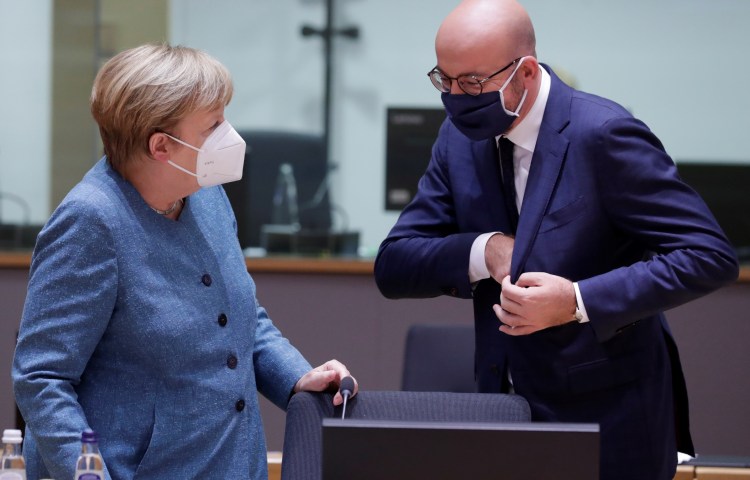
EU should withdraw draft resolution that threatens encryption
November 10, 2020—The Committee to Protect Journalists expressed concern after the Council of the European Union proposed a draft resolution last week calling for national authorities across the EU to have access to encrypted messages as part of criminal investigations into terrorism and organized crime. Journalists rely on encryption to evade surveillance and protect their…
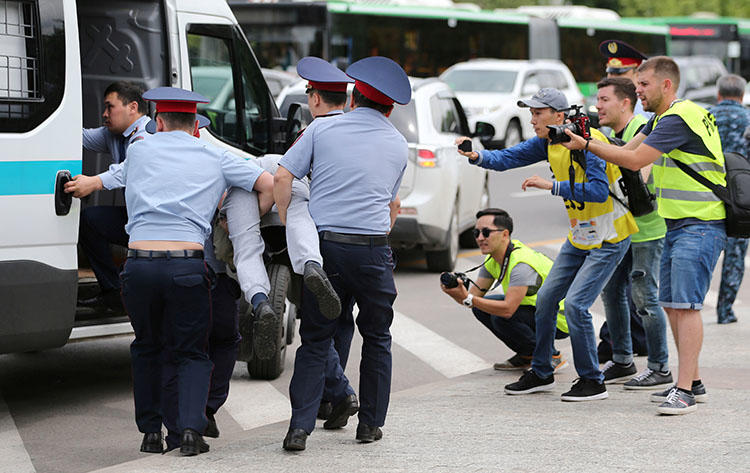
Kazakhstan’s move to control internet prompts censorship, surveillance concerns
A state-controlled internet service provider in Kazakhstan is requiring at least some of its subscribers to submit to having their internet traffic intercepted when they use specific websites–including social media sites, email and messaging services, and Google News, according to research published this week by Censored Planet, a project at the University of Michigan.

Kazakhstan government-backed security certificate raises censorship, surveillance concerns
New York, July 22, 2019 — Telecommunications providers in Kazakhstan’s capital, Nur-Sultan, have requested internet users to install a security certificate issued by government authorities onto their personal devices, which could compromise their digital security, according to a report by the BBC and Adil Nurmakov, a political scientist and digital media expert based in Nur-Sultan,…

Expanded surveillance powers could threaten work of journalists in UK
Brussels, May 5, 2017–The Committee to Protect Journalists is alarmed by news reports that the U.K. government wants to push telecommunication companies to introduce real-time surveillance and the removal of encryption. On Thursday, The Register published leaked draft regulations detailing how telecommunications operators would be required to grant real-time access to individuals under warrant within…
